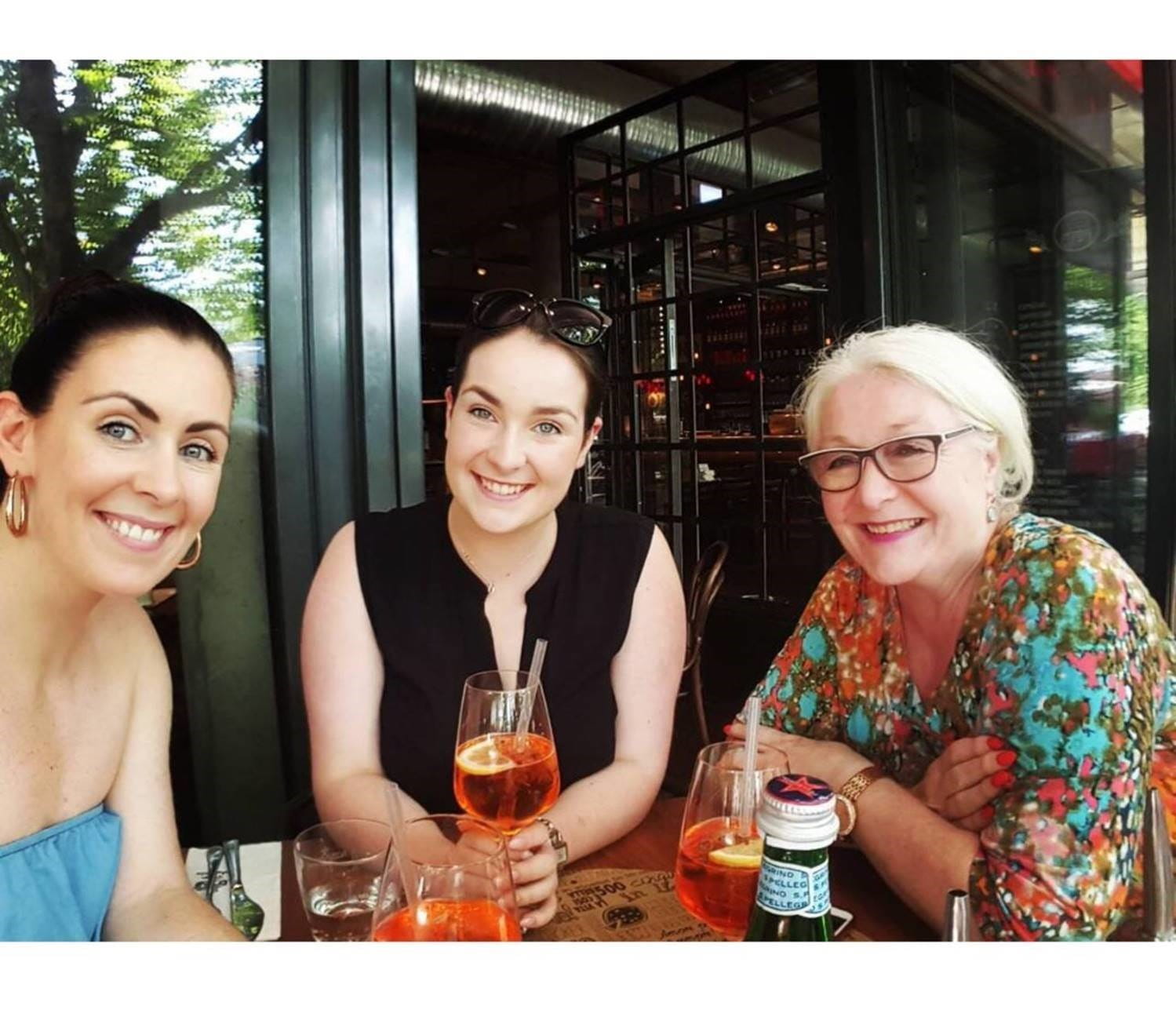Women in consulting: A Q&A with Siobhan Byrne on challenging unconscious bias
This feature is part of a series highlighting the contributions and career paths of women at West Monroe. Especially in technology consulting, traditionally a male-dominated industry, it can be difficult for women to find role models and paths that work for them. The goal of this blog series is to communicate the unique paths and successes of women at West Monroe. We believe that sharing these stories will make women more aware of the opportunity and flexibility available to them in consulting, in technology, and at West Monroe.
Siobhan Byrne is a Senior Manager on West Monroe’s Digital Transformation team. She joined West Monroe four months ago after eight years with EY, where she was considered a SME for mid-revenue cycle in healthcare. She has more than 10 years of experience developing and applying skills in process and performance improvement, complex project management, organizational change management, and strategic transformation in the healthcare and digital sectors.
What strengths do you think differentiate women in the workplace?
Intuition, emotional intelligence, and female perspective. Women are frequently more skilled at empathizing and intuitively connecting with people and situations, giving us a unique vantage point. Simply being a woman in a male-dominated industry is a differentiator. We need to have the courage to own our differences in perspective and approach; having diverse thought in the workplace contributes to better outcomes all around.
Have you had to overcome unconscious biases as a woman who has built a career in consulting and in the digital/healthcare sectors? How did you advocate for yourself when you faced this gender bias?
The fact that I have chosen consulting as my career path, given the difficult lifestyle, has led to some interesting comments or questions by both men and women about my personal life choices. Often, the unfortunate underlying assumption is that I have chosen to be a career woman and that getting married and having children must not be part of my plan. I am not obligated to explain my life choices or timeline, but I do like to educate people on the fact that I have had quite a few female and male role-models who have successfully managed careers as consultants while having a family. It is also important to have the conversation about what consultancies are doing to support women and men in having a successful career and family (e.g. flex work arrangements, better benefits for working mothers/fathers etc.). One should not have to choose between being a career consultant or a parent, but for as long as this remains status quo, consulting will continue to be a male-dominated industry.
Can you give an example of a challenge you faced as a woman rising through the ranks that you felt you handled successfully, or you would have handled differently given the knowledge and experience you have today?
I think one pitfall is being a “doer” versus a “thinker”. Starting out in my career, I was very eager to contribute. Being the type-A planner sort, I would often volunteer to organize, arrange, and do what needed to get done on a project or internal initiative. Make no mistake, those tasks are crucial to successfully deliver on any initiative and I certainly learned a lot. However, I soon realized that I was bogged down with a lot of administrative and organizational tasks while my male counterparts had time to contribute to “advancing thoughts or ideas” and ultimately shown for their knowledge and expertise. The advice I would give my younger self is that it is ok to not always raise your hand even if you know you can get it done, and let others step up to the plate.
Looking back on your early career as a woman, is there anything that you did (or maybe didn’t do) that helped you get started in your career?
Looking back, there are a few distinct things that helped me get my career started. First, I was eager and a self-starter but not picky about my assignments. This allowed me to build my consulting toolkit, work with a lot of people, and become exposed to types of work I didn’t know existed but ended up finding quite interesting. Second, I was lucky that I had great mentors and managers that I could learn from on projects. These relationships are a two-way street and I did take an active role in growing those relationships and asking for feedback as well as opportunities. Finally, I was vocal about my aspirations, interests, and skills I wanted or needed to develop to grow.
We often hear women speak about feeling dismissed or not heard. Can you tell us about how this impacted your ability to develop and grow? How did you or, looking back, how would you handle those situations today?
Fortunately, I have not encountered those situations on any internal teams. I have had great managers and mentors, both men and women, that have helped me shape my career and career path. I have, however, encountered instances where male clients would only address their male counterparts in the room even if I was the one leading the project – some of these situations might have been gender bias, other times ageism. These less than ideal situations have helped me become a better leader and mentor, strengthening my awareness and ability to recognize when someone is being dismissed. It is important as a leader to ensure everyone on your team has a chance to contribute and feels empowered to speak up. It is necessary to address the flip side of feeling dismissed or not heard. Consultants are often go-getter, type-A personalities; someone who can work at a fast pace and take charge when necessary. Generally, these traits are valued and celebrated in both men and women, especially when a job is well done. However, where men would be perceived as being a leader taking charge, woman will often be perceived as too pushy, intense, or aggressive. Looking back, I would tell my younger self to not believe the noise - it is an outdated narrative.


